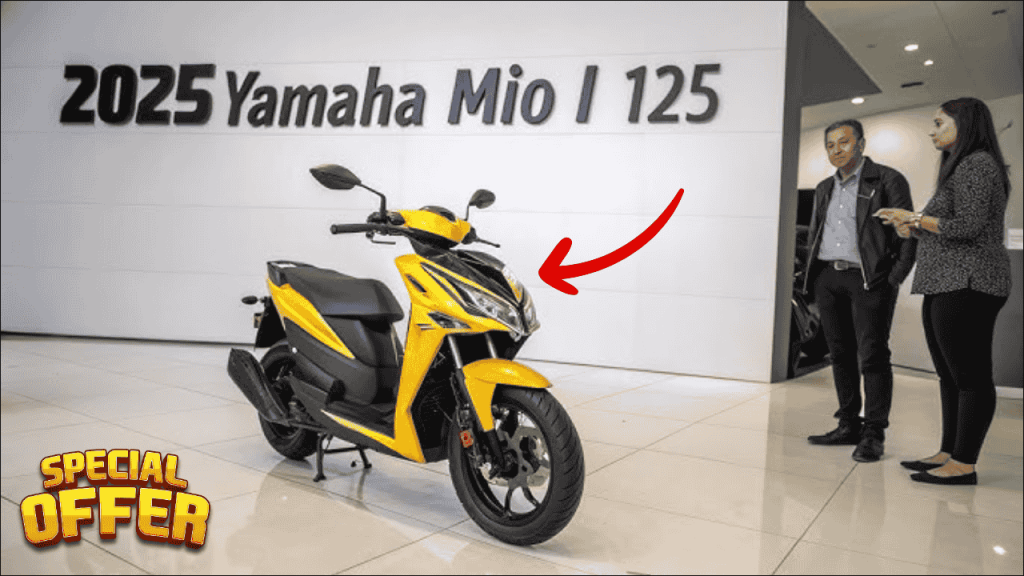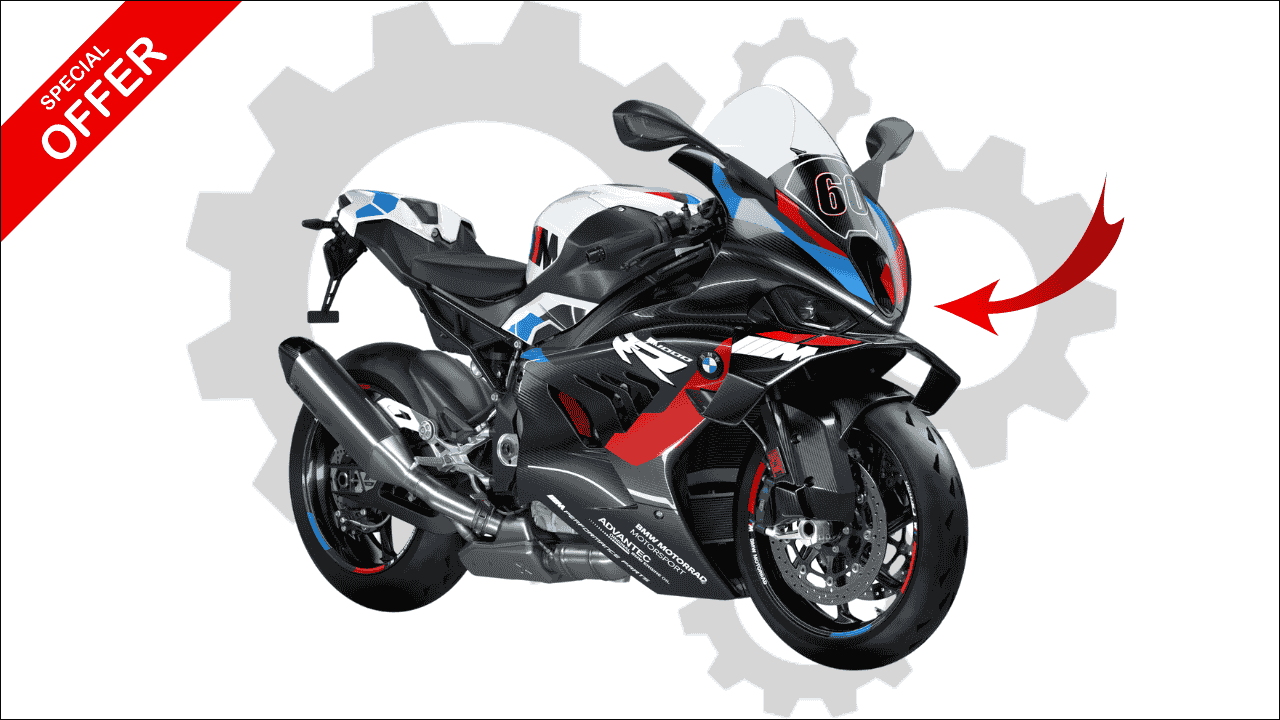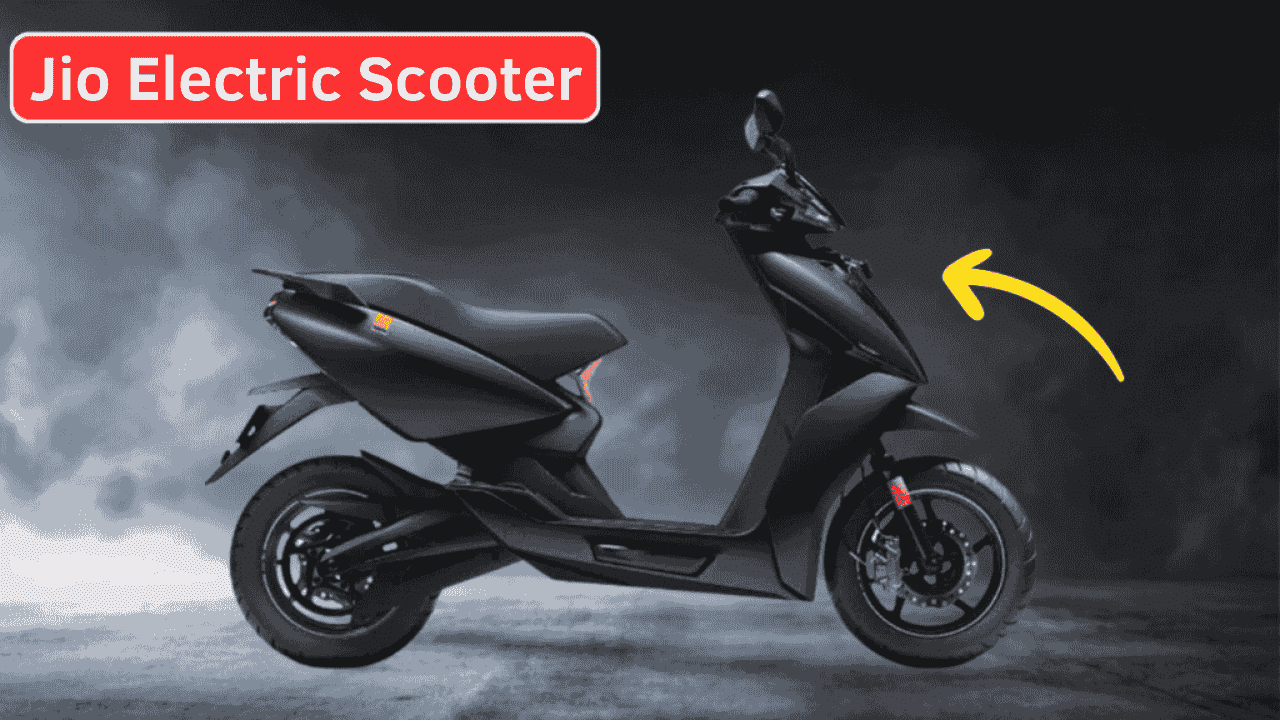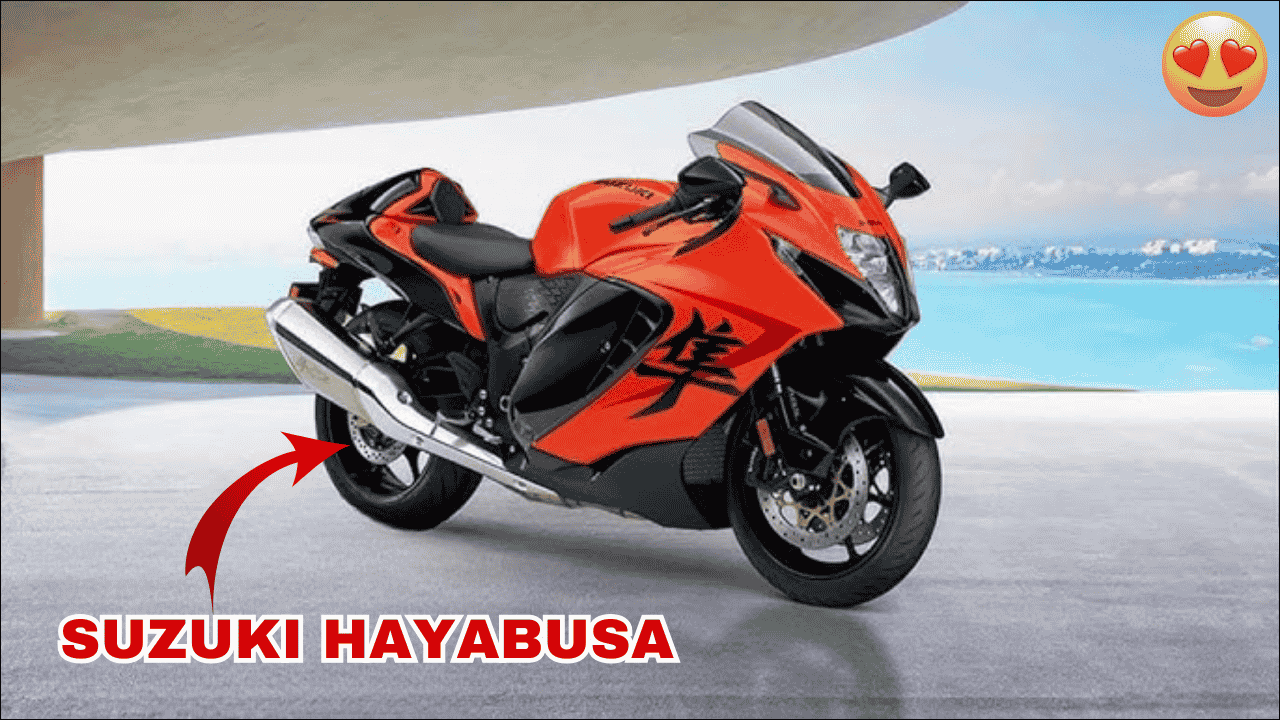
In a groundbreaking move that blurs the line between scooters and motorcycles, Yamaha has unveiled the Mio 125 – the world’s first geared scooter. This innovative two-wheeler combines the convenience and ease of a traditional scooter with the performance advantages of a geared motorcycle, creating an entirely new category in the market. Designed for urban commuters, college students, and young riders seeking both practicality and excitement, the Mio 125 represents a significant step forward in two-wheeler engineering. Let’s explore what makes this revolutionary scooter stand out and why it might be the perfect choice for your daily commute.
Table of Contents
Revolutionary Design: Blending Two Worlds
The Yamaha Mio 125 breaks new ground with its hybrid design philosophy. While maintaining the step-through frame and convenient storage options typical of scooters, it integrates a manual transmission system that gives riders more control over their riding experience. This innovative approach allows the Mio 125 to deliver better performance, improved fuel efficiency, and a more engaging ride compared to conventional automatic scooters.
The exterior design language speaks to Yamaha’s sports heritage, featuring sharp, aggressive lines and a compact, aerodynamic silhouette. Available in a range of vibrant color options including Racing Blue, Matte Black, Vibrant Red, and Metallic White, the Mio 125 makes a strong visual statement on the road. Its sleek LED headlamp, stylish tail light assembly, and sporty graphics further enhance its youthful appeal.
Despite its sporty character, the scooter maintains a comfortable riding position with an ergonomically designed seat and well-placed footrests that accommodate riders of various heights. The slim profile makes it particularly suitable for navigating through congested urban traffic with confidence.
Engine Performance and Transmission System
At the heart of the Mio 125 lies a powerful yet efficient 125cc air-cooled, fuel-injected engine that delivers an optimal balance of performance and economy. What truly sets this scooter apart, however, is its innovative transmission system:
| Feature | Specification | Benefit |
|---|---|---|
| Engine Type | 125cc Air-cooled SOHC | Reliable performance with easy maintenance |
| Maximum Power | 9.4 bhp @ 8,000 rpm | Responsive acceleration for urban riding |
| Maximum Torque | 9.6 Nm @ 5,500 rpm | Strong pull from low speeds |
| Transmission | 4-speed manual with automatic clutch | Control of a manual without clutch complexity |
| Fuel System | Fuel Injection | Precise fuel delivery for better efficiency |
| Cooling System | Air-cooled | Simpler maintenance and lighter weight |
| Starting System | Electric and kick start | Reliability with backup option |
| Fuel Efficiency | 50-55 km/l (claimed) | Economical daily commuting |
The revolutionary aspect of the Mio 125 is its “Easy Shift” system – a 4-speed manual transmission with an automatic clutch mechanism. This allows riders to change gears using a conventional foot shifter without having to operate a hand clutch, offering the best of both worlds. Beginners can enjoy smoother power delivery and better control, while experienced riders will appreciate the improved performance and fuel economy that comes with being in the right gear for any situation.
Ride Quality and Handling
The Mio 125 excels in urban environments thanks to its thoughtfully engineered chassis and suspension setup:
| Component | Specification | Rider Benefit |
|---|---|---|
| Frame | Underbone steel chassis | Lightweight yet rigid structure |
| Front Suspension | Telescopic fork, 80mm travel | Absorbs road imperfections |
| Rear Suspension | Swingarm with monoshock | Balanced and comfortable ride |
| Front Brake | 220mm disc with single-piston caliper | Confident stopping power |
| Rear Brake | 130mm drum | Reliable secondary braking |
| Tires | 90/90-14 (front), 100/90-14 (rear) | Good grip on various surfaces |
| Wheelbase | 1,270 mm | Stable at speed, nimble in traffic |
| Ground Clearance | 135 mm | Clears most urban obstacles |
| Seat Height | 765 mm | Accessible to riders of various heights |
| Kerb Weight | 108 kg | Easy to handle and maneuver |
The relatively low seat height makes the Mio 125 accessible to a wide range of riders, including those with shorter inseams. The lightweight construction (108 kg kerb weight) ensures that the scooter remains easy to handle in tight spaces, while the balanced suspension setup delivers a comfortable ride even on less-than-perfect road surfaces.
The combination of a disc brake at the front and a drum brake at the rear provides reliable stopping power, with an optional integrated braking system available on higher trim levels for enhanced safety. The tubeless tires offer good grip on various surfaces while being more resistant to sudden deflation compared to conventional tubed tires.
Practical Features for Daily Use
Despite its sporty credentials, the Yamaha Mio 125 doesn’t compromise on the practical features that make scooters popular for daily commuting:
| Feature | Description | User Benefit |
|---|---|---|
| Storage Capacity | 21-liter under-seat storage | Can accommodate half-face helmet or small backpack |
| Instrument Cluster | Digital LCD display | Clear visibility of speed, fuel, gear indicator |
| Fuel Tank Capacity | 5.5 liters | Good range for urban commuting |
| USB Charging Port | 5V/2A output (optional) | Convenient device charging on the go |
| Smart Key System | Keyless ignition (premium variant) | Enhanced convenience and security |
| LED Lighting | LED headlamp, position lamp, and tail light | Better visibility and modern aesthetics |
| Storage Hooks | Multiple convenience hooks | Additional carrying capacity for bags |
| Footboard | Flat, spacious design | Comfortable riding position, extra storage |
The under-seat storage compartment can accommodate a half-face helmet or a small backpack, making it practical for short trips or running errands. For riders who need additional storage space, Yamaha offers an optional 30-liter top box that can be mounted on the rear carrier.
The digital instrument cluster provides essential information at a glance, including speedometer, fuel gauge, odometer, trip meter, and – uniquely for a scooter – a gear position indicator. Premium variants also feature a clock, battery voltage display, and service reminder.
Fuel Efficiency and Economic Benefits
In today’s economy, fuel efficiency remains a critical factor for commuters. The Yamaha Mio 125 delivers impressive economy thanks to its optimized engine and the efficiency advantages of its manual transmission:
| Aspect | Performance | Economic Impact |
|---|---|---|
| Fuel Efficiency | 50-55 km/l | Lower running costs |
| Fuel Tank Capacity | 5.5 liters | Approximate range of 275-300 km |
| Maintenance Schedule | Service every 6,000 km | Reduced maintenance frequency |
| Engine Oil Capacity | 0.9 liter | Economical oil changes |
| Emission Standard | BS6/Euro 5 compliant | Future-proof investment |
The ability to select the optimal gear for any riding situation contributes significantly to the Mio 125’s fuel efficiency. Unlike conventional automatic scooters that may run at less-than-ideal engine speeds, the geared transmission allows riders to maintain the engine in its sweet spot for maximum efficiency.
Yamaha’s reputation for reliability also means that owners can expect lower long-term maintenance costs compared to many competitors. The simple air-cooled engine design facilitates easier home maintenance for technically inclined owners, potentially reducing service costs further.
Target Audience and Use Cases
The Yamaha Mio 125 caters to a diverse audience, but is particularly well-suited to:
- Young urban professionals seeking an economical yet stylish daily commuter
- College students who want a reliable, fuel-efficient transportation solution
- Enthusiast riders looking for something more engaging than a traditional scooter
- First-time riders who want to learn gear-shifting skills in a more forgiving platform
- Commuters in hilly areas where the advantages of a geared transmission are most apparent
For urban dwellers, the Mio 125 offers a perfect balance of practicality, economy, and enjoyment. Its compact dimensions and light weight make it ideal for navigating congested city streets and tight parking spaces, while the manual transmission provides better control in varied traffic conditions.
Conclusion: A Game-Changer in the Making
The Yamaha Mio 125 represents a bold new direction in the two-wheeler market, effectively creating a new category that bridges the gap between traditional scooters and small motorcycles. By combining the step-through convenience and storage capacity of a scooter with the performance advantages of a geared motorcycle, Yamaha has created a versatile vehicle that addresses the needs of modern urban riders.
While purists on both sides might take time to embrace this hybrid concept, the Mio 125 offers tangible benefits in terms of riding enjoyment, fuel economy, and practical versatility. As urban areas become increasingly congested and fuel prices continue to fluctuate, innovative solutions like the Mio 125 point the way toward smarter, more efficient personal transportation.
For riders willing to learn the simple skill of changing gears (without the complexity of clutch operation), the Mio 125 rewards with better performance, improved fuel efficiency, and a more engaging riding experience than conventional automatic scooters can provide. This combination of practical benefits and riding enjoyment positions the Yamaha Mio 125 as a potential game-changer in the competitive scooter market.
FAQs
Q: What makes the Yamaha Mio 125 different from regular scooters? A: It features a 4-speed manual transmission with automatic clutch, combining scooter convenience with motorcycle-like performance.
Q: What is the expected fuel efficiency of the Yamaha Mio 125? A: The Mio 125 delivers approximately 50-55 km/l under normal riding conditions.
Q: Is the Yamaha Mio 125 suitable for beginners? A: Yes, its automatic clutch makes it easier to learn gear shifting without the complexity of clutch coordination.
Q: How much storage space does the Mio 125 offer? A: It provides 21 liters of under-seat storage, enough for a half-face helmet or small backpack.
Q: What is the price range for the Yamaha Mio 125? A: Pricing varies by region, but it’s competitively positioned in the premium 125cc scooter segment.





